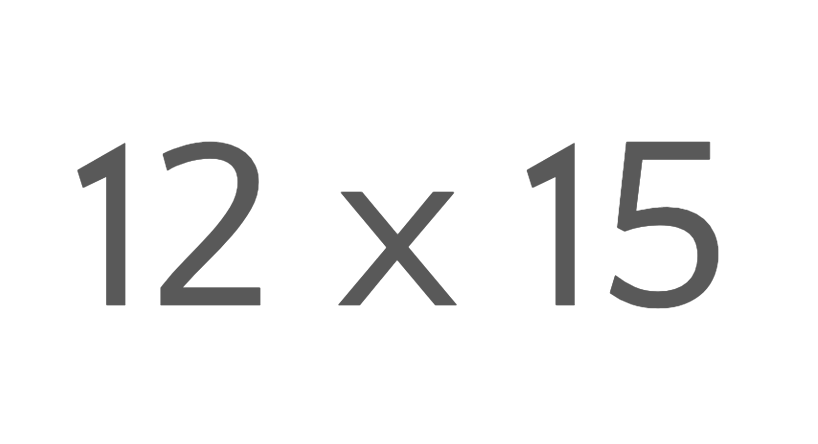Inquiry Focus
This year I have been inquiry has been based around developing the mathematical dialogic discourse ability of my children. In particular my focus has been on developing their ability to explain and justify their mathematical thinking as this was an area of weakness for my children.
Target Children
My Target group were made up of 3 boys and 3 girls of varying mathematical ability. They were selected because they all struggled to express and justify their mathematical thinking.
What happened for my children?
- More confidence to share
Every child became more confident to share their thinking in class. Anecdotally this is what I was seeing in class as the year progressed. Children who once shied away from sharing were now sharing and children were becoming more confident to speak up when they didn't understand something and question it. This Anecdotal information was verified with the data collected from a student voice survey.
- Increase in ability to explain and justify their thinking
My target kids had a small increase in their ability to explain and justify their mathematical thinking. As mentioned in
previous posts this has been an area of frustration for me as I have not been seeing the gains I thought I was going to see. Below shows the data of my target children taken from the measuring tool I designed to capture their ability to explain and justify. It needs to be pointed out that this data was taken when children were working independently on their maths problem these responses were unsolicited. This was not a teacher facilitated discussion.
- April
- June
- August
- November
The greatest improvement has been in the children's use of the word 'because'. In the last few months we have really been focussing on using 'because' to justify our explanations. My kids would often explain what they did but would not justify it. This data matches with what I'm seeing with the rest of my class too. It has been slow going and we have a way to go but we're getting there.
Anecdotally the children are talking more and developing the ability to discuss and justify their thinking. Children who were once not engaged are now showing engagement and children who once would not participate in discussions are which is encouraging.
Has this had an impact on their maths achievement?
The jury is still out on this. The Maths PAT data below shows minimal increase in their achievement however these results have been effected by our schools' teachers and children learning and adjusting to
DMIC maths. 5/6 of the target children made progress. Their progress
average was 4.3 scale points. According to
NZCER the national progress average for year 7-8 is
5.4 scale points. The average for the whole class that made progress was
5.1.
- PAT data
What did I do to make this happen?
- Waka paddle prompts
There was deliberate teaching on the type of things one would say if they were effectively explaining and justifying their mathematical thinking. These phrases and words were made into little waka paddles. The children would hold a bundle in their hand and the key was to use them in a maths session. Once you had used a prompt you would discard it. the idea was to get rid of all the waka paddles from your hand. This was used as a way of introducing the phrases and vocabulary into to the children and reminding them to use it.

-
Insisting on a response
In our maths sessions opting out was not an option. If I child was called upon they had to give some sort of response. "I don't know" was not an option. If they didn't have a response they had to say "Can you ask someone else please?". At that point I would ask someone else but then come back to them.
-
No hands up
Hands up was banned in our maths sessions. The children soon learnt that anyone could be called on to share their thinking which encouraged them to participate in the problem solving. They couldn't really on the usual eager beavers. At times the eager beavers found this frustrating as they really wanted to be the one to share but as time went on they adapted to the new system and no no hands up is the norm.
-
Discussion based games and activities
I used games to help get the children used to using the discussion vocabulary. For example to help ingrain the word 'because' in the children justifications they had to each say the following.
"I'm going to a dessert island and I'm taking _____________ BECAUSE _____________."
The focus of this was on the because. Starting a maths session with this simple game helped the children explain and justify more effectively when it came to their maths.
Next steps
As mentioned
before this inquiry has been pretty slow going and I haven't seen the maths achievement I had hoped to see. I'm interested to see if next year the maths achievement will come now that the children have had a year learning how to effectively engage in dialogic discourse. My hope is that with this embedded in the children they will be able to focus mainly on maths in their maths sessions not on developing their dialogic discourse ability.














